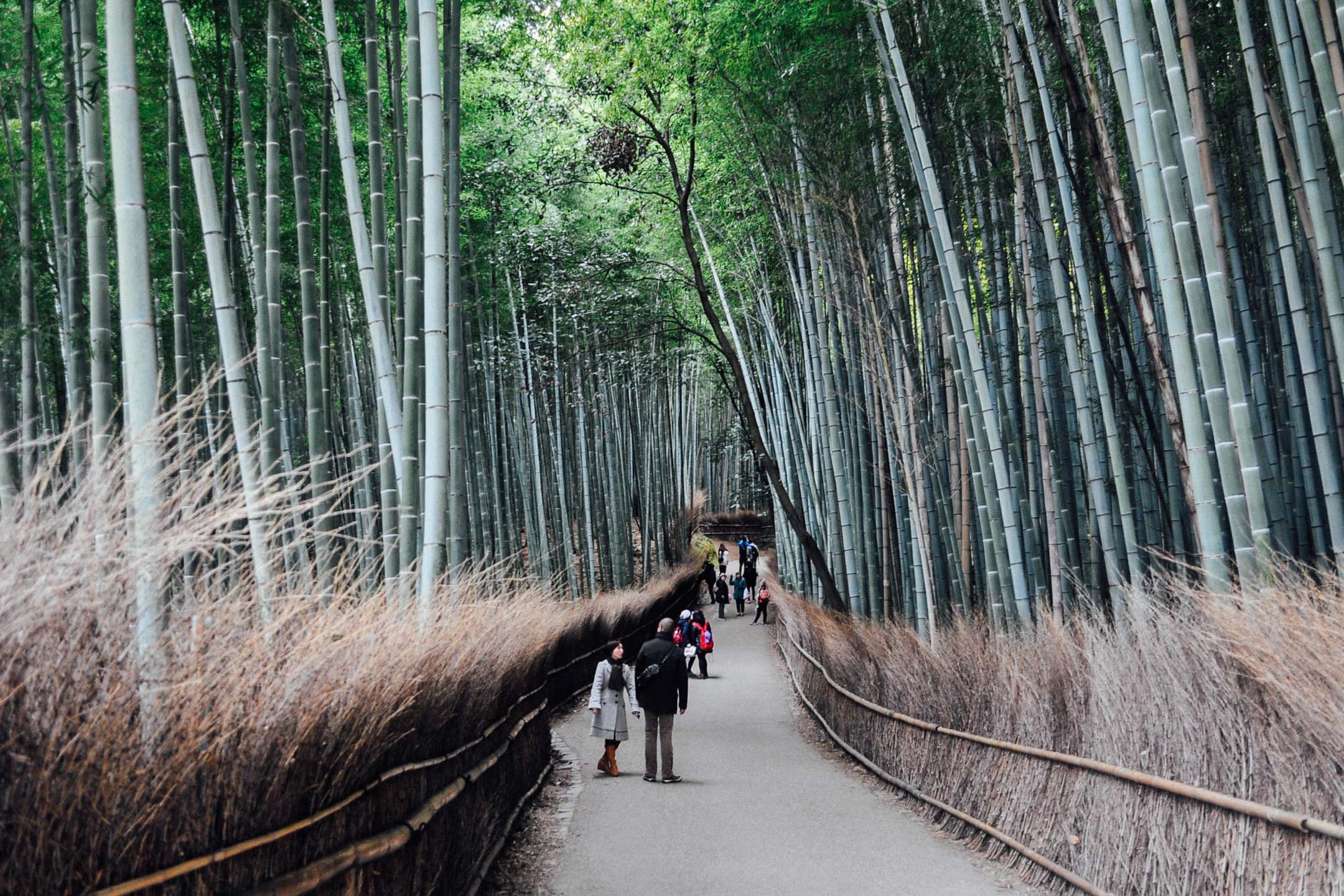
Sandra Roos, specialist in environmental analysis of textiles and chemicals from Mistra Future Fashion and Swerea, straighten out the questions concerning bamboo-fibers’ anti-bacterial quality, previously explained by the presence of anti-bacterial substances in the bamboo tree.
Ten years ago, the first clothes labeled as “made by bamboo” appeared on the market. The garments are often described, and marketed, as containing “unique characteristics”. One frequently used description in Norway is that the textiles have natural anti-bacterial features thus capable of preventing odor from sweat.
In an interview with Norwegian NRK in February 2016, Sandra Roos from Mistra Future Fashion and Swerea, with over 12 years of experience within the field of textile and chemical research, discusses how these anti-bacterial characteristics of the bamboo fiber actually is a misconception.
The bamboo tree actually contains anti-bacterial substances as the tree trunk uses it in order to protect itself against insect attacks and fungus. This means that bamboo can be grown without the use of pesticides, which together with other factors such as fast growing rate and low water consumption makes it a sustainable raw material for textiles.
However, the anti-bacterial elements in the trunk do not get transferred to the fibers used in textile manufacturing. “When you break it down into pulp for viscose, this fiber loses these substances as you peel away the bark” Roos explains. “There is no difference in anti-bacterial properties between different types of viscose, regardless of what tree type it comes from”.
Roos explains how anti-bacterial capacity could be explained by the zinc present in the textile, which essentially has nothing to do with the bamboo in itself. “The zinc found in these garments are actually a by-product from the chemical process of making the clothes – not the tree in itself”, explains Sandra Roos. Zinc can be found in the viscose as ‘contaminations’, which can be viewed as small traces from the chemical process.
However, Sandra Roos points to the fact that there are some researches that argue that bamboo viscose has better odor prevention properties than cotton, but this is not depending on the presence of anti-bacterial substances but rather explained by the superior ability to absorb moist (that carry the odor particles).
The current discussion has now made a change within the Norwegian fashion industry. In order to follow Norwegian law concerning fiber labeling brands now need to change the marketing of their products, now promoting them as “made by bamboo-viscose” instead of ”made by bamboo”. In Sweden, the discussion about natural anti-bacterial properties of bamboo viscose climaxed around five years ago (triggered by law suits on illegal market claims in the US) and the misconception has since then been clarified.
Article by Mistra Future Fashion (published February 10, 2016)
